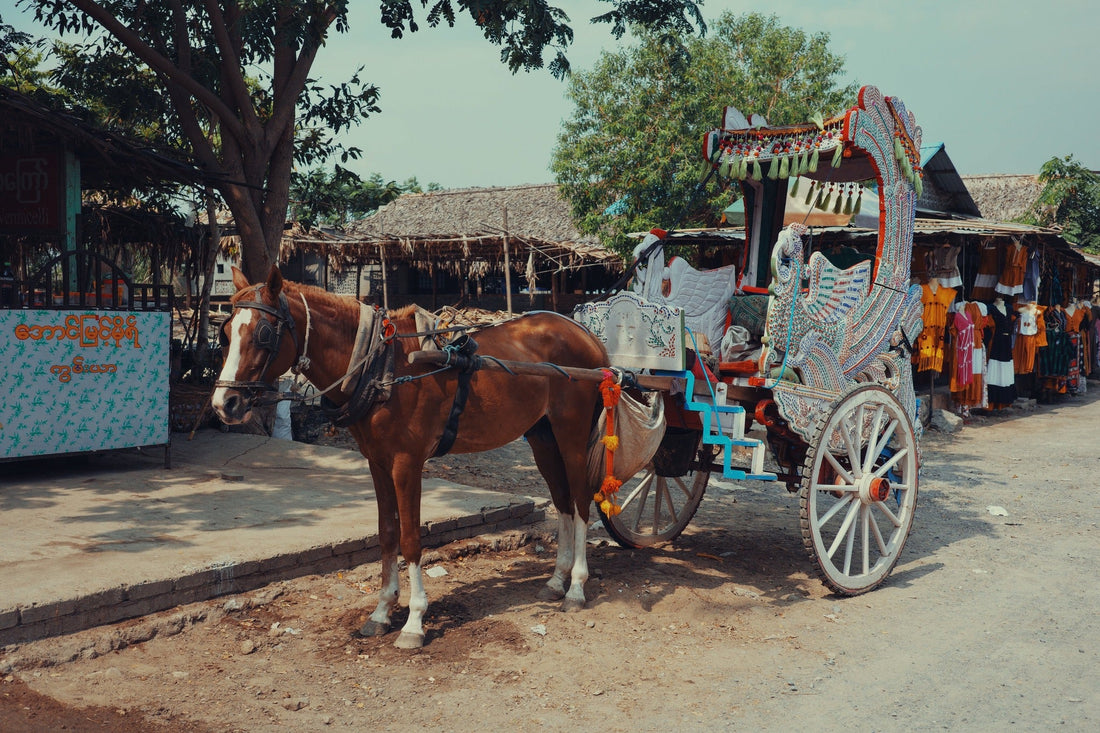
Common Horse Health Problems in India
Introduction
Horses in India, like horses in other parts of the world, can face various health issues and challenges. However, the nature of problems may differ based on factors such as climate, management practices, and regional differences. Here are some common health issues seen in horses in India:

1. Heat stress
In many parts of India, especially during the summer months, horses can suffer from heat stress due to high temperatures and humidity. It's crucial to provide adequate shade, plenty of clean water, and other appropriate cooling measures.
2. Parasitic infections
Internal parasites are a concern for horses across the globe, and India is no exception. Proper deworming protocols and pasture management are critical for parasite control.
3. Vector-borne diseases
Horses in India may be at risk for diseases transmitted by vectors such as mosquitoes and ticks, both of which are prevalent in hot tropical countries. Examples include diseases like Equine Infectious Anemia (EIA), Equine Encephalosis Virus (EEV), Equine piroplasmosis (EP) and other tick-borne diseases.

4. Respiratory Problems
Dust, pollution, and airborne allergens can contribute to respiratory problems in horses. Adequate ventilation and reducing exposure to irritants can help prevent this.
5. Malnutrition
In many parts of India, lack of knowledge, access to high-quality forage and balanced nutrition can be a challenge. Financial constraints also contribute to malnourished horses. Malnutrition can lead to a range of health issues, including poor coat condition, weight loss, and weakened immune function.
6. Foot Problems
Hoof-related issues, such as abscesses and laminitis, can arise due to factors like uneven terrain, improper hoof care, or prolonged exposure to wet conditions.

7. Infectious Diseases
Horses may be susceptible to various infectious diseases, such as strangles, equine influenza, and respiratory infections. Vaccination and biosecurity measures are crucial for disease prevention.
8. Working Conditions
Horses used for work or transportation may face challenges related to overexertion, inadequate rest, malnutrition, lack of care, exploitation and improper harnessing. Proper care, regular breaks, and appropriate working conditions are essential. Advocacy for humane treatment and education on modern, ethical horse management practices can be important in addressing these issues.
9. Dental Problems
Dental problems, such as uneven wear and dental disease are also seen. Regular dental check-ups and proper dental care are important for overall health.
It's important for horse owners and caretakers in India to work closely with veterinarians who understand the local context and can provide specific advice on nutrition, healthcare, and preventive measures based on the challenges faced by horses in the region.
